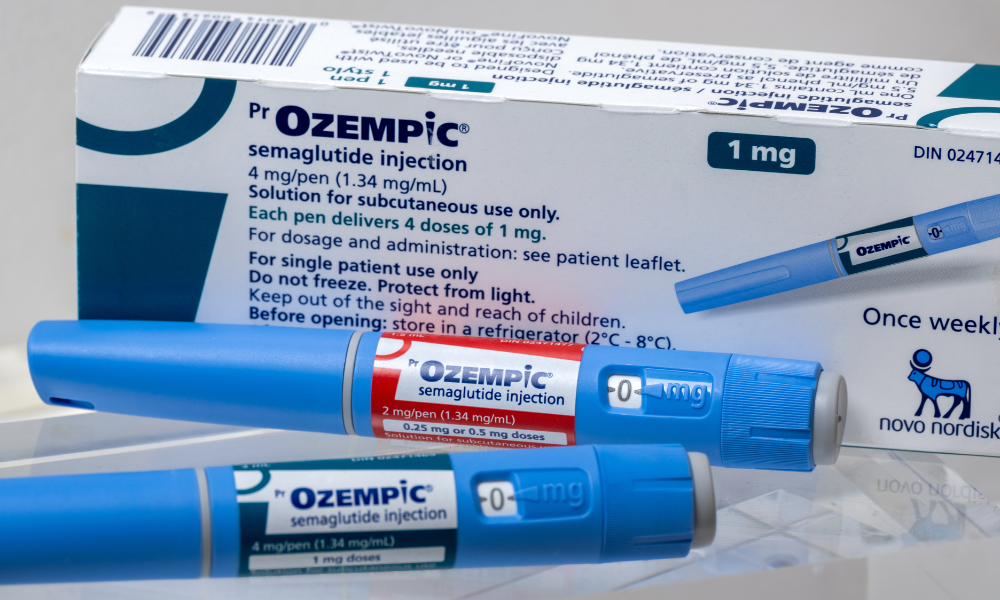Reports suggest firm missed $450 payment, but pharma giant insists no mistake was made

Novo Nordisk is set to lose patent protection for semaglutide—marketed as Ozempic for diabetes and Wegovy for weight loss—in Canada next year after failing to pay a $450 maintenance fee, according to an article in Science.
However, in a statement to Fortune, the firm said no mistake was made and declined to comment on its future plans. Regardless, the lack of payment now opens the door to generic drug competition.
Novo Nordisk, a Danish pharmaceutical company, reported about US$19 billion in global sales for Ozempic and US$9 billion for Wegovy in 2024. It paid the annual maintenance fee in 2018 but missed the one in 2018. Canadian regulators offered a one-year grace period, allowing the company to pay the original amount plus a $200 penalty, totalling $450, the report from Fortune highlighted.
A regulatory letter dated March 20, 2019, stated: “In order to prevent the patent from lapsing, the amount listed above… must be paid within the one-year period of grace… Once a patent has lapsed it cannot be revived.” The company did not make the payment, resulting in a permanent loss of patent protection.
Generic firms prepare to enter the market
Sandoz, a leading generic drug manufacturer, has filed to launch a semaglutide generic in Canada once regulatory exclusivity ends in early 2026. “Interesting market. Novo never filed a patent in Canada. Never know why,” Sandoz CEO Richard Saynor told Endpoints News. “I’m sure someone’s lost their job, but never mind. It’s the second-largest semaglutide market in the world.”
Saynor told Science that generics firms operate with a “patent destroyer” mindset, constantly seeking ways to invalidate or shorten patent terms. The missed fee was seen as a rare and lucrative opportunity in a fiercely competitive segment of the industry.
Canadian retail pharmacies recorded $2.5 billion in Ozempic sales in 2024. The patent lapse is expected to give generic competitors a notable head start compared to other regions.
Outside Canada, semaglutide patents remain intact. Novo Nordisk holds protection until 2032 in the United States and until 2031 in both Japan and Europe, according to its annual report.
Novo Nordisk denied that the missed fee was an oversight. “All intellectual property decisions are carefully considered at a global level,” the company told Fortune. “Periods of exclusivity for pharmaceutical products end as part of their normal life cycle, and generic treatments may become available over time.”
The company confirmed that semaglutide’s regulatory exclusivity in Canada will end in 2026, paving the way for competition in one of the drug’s largest global markets.



